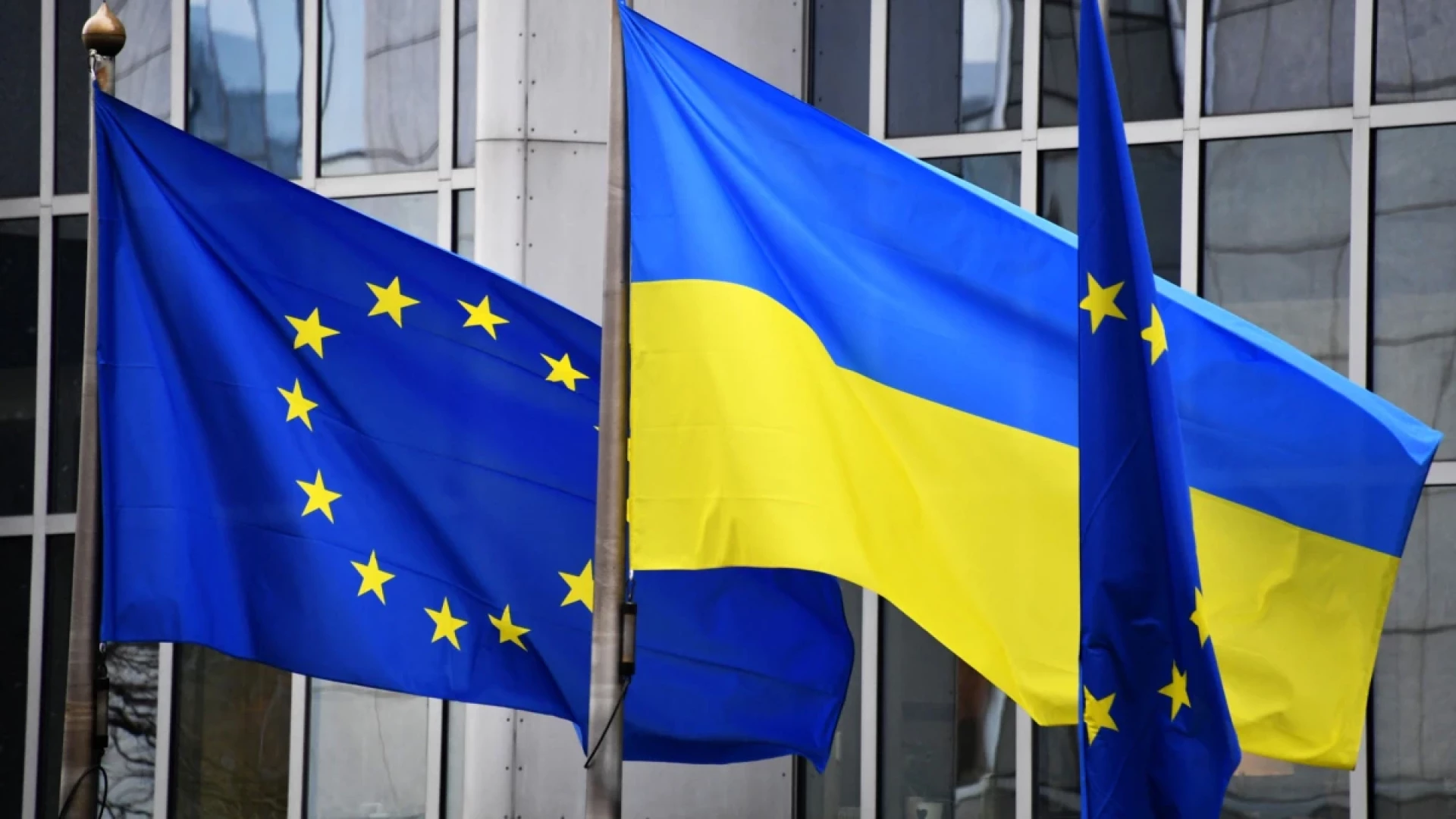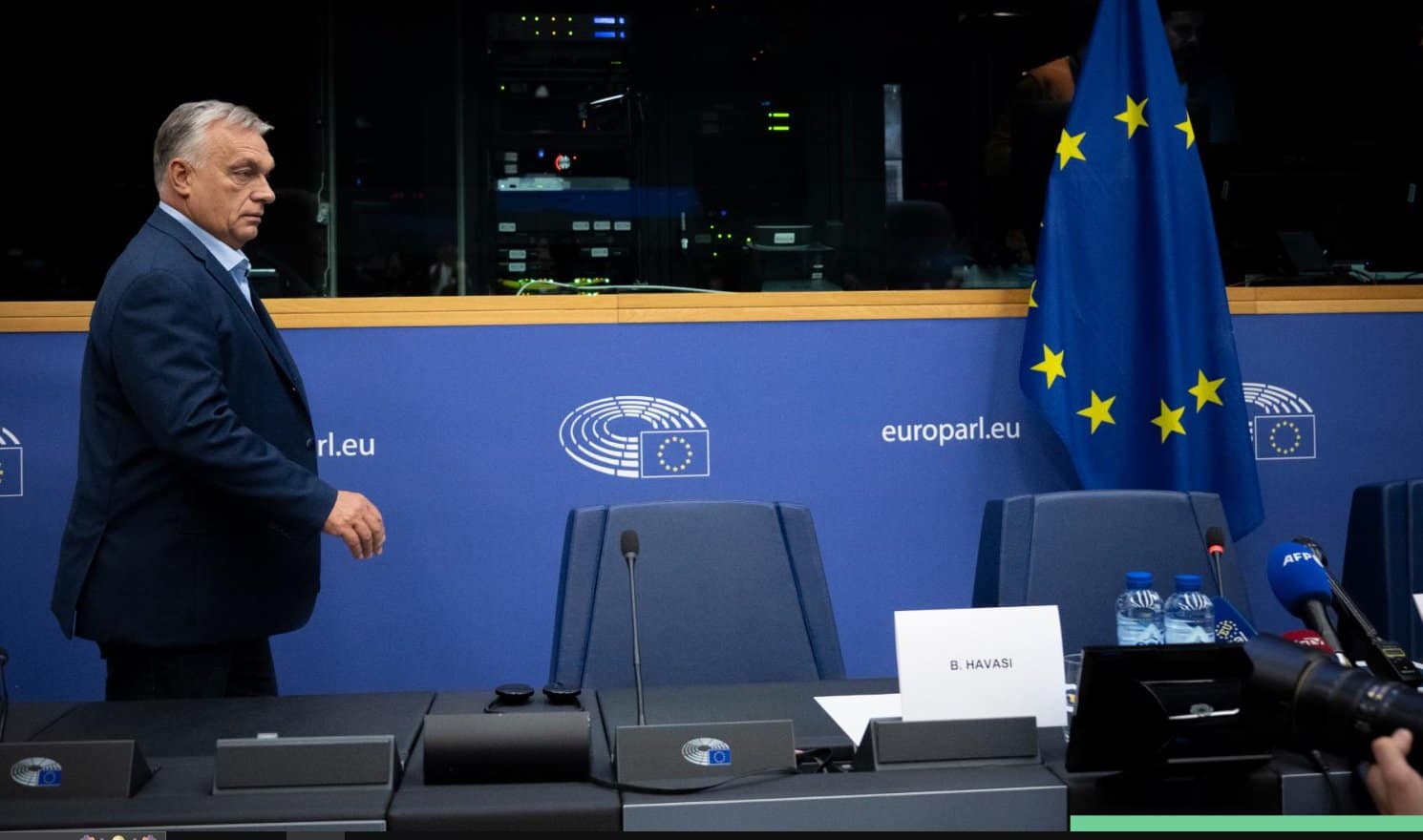
The European Union has found and begun to successfully use an algorithm to bypass Hungary’s veto on decisions to support Ukraine.
This was reported by Deutsche Welle.
According to the publication, the disagreements between Hungary and other EU countries over the war in Ukraine became even more apparent when Budapest refused to sign a joint summit statement for the second time in two weeks. However, instead of spending hours negotiating with Prime Minister Viktor Orban to ensure the unanimity of all 27 member states, as often happened at previous summits, the other states simply continued their work.
“The European Council reaffirms its continued and unwavering support for Ukraine’s independence, sovereignty and territorial integrity within its internationally recognized borders,” reads the statement signed by the 26 countries.

EU diplomats have recognized that there is no point in wasting time trying to reach a consensus that is unlikely to be possible. What used to be perceived as a serious split has now become commonplace.
According to POLITICO, although the rules usually require all 27 EU countries to agree on a joint statement to be issued on behalf of the European Council, this time, to circumvent Hungary’s veto, the agreed text was published as an annex to another resolution agreed by all 27 countries.
Diplomats told POLITICO that this tactic seems to be working, so they intend to continue using it in the future.
However, as Deutsche Welle notes, this approach can only be applied to statements without legally binding commitments, as was the case in this instance. This scheme would not work, for example, when trying to impose new sanctions or decide on EU enlargement.
Despite Hungary’s position, the rest of the EU continues to support Ukraine. The conclusions of the summit provide for further supplies of weapons and financial assistance. They also include the possibility of providing security guarantees after the war to prevent a new Russian invasion.

On March 20, 26 member states had not yet supported the initiative of EU Chief Diplomat Kaja Kallas to allocate €40 billion in military aid. However, they agreed to allow her to continue working in this direction, provided that the participation of states in this initiative is voluntary.
The next substantive discussion on this initiative at the political level will take place at an informal meeting of EU defense ministers in Warsaw on April 2-3.
Hungary has repeatedly blocked funding for Ukraine using its veto power. However, the new Callas initiative is voluntary, so it does not require Budapest’s approval.
Підтримати нас можна через:
Приват: 5169 3351 0164 7408 PayPal - [email protected] Стати нашим патроном за лінком ⬇
Subscribe to our newsletter
or on ours Telegram
Thank you!!
You are subscribed to our newsletter